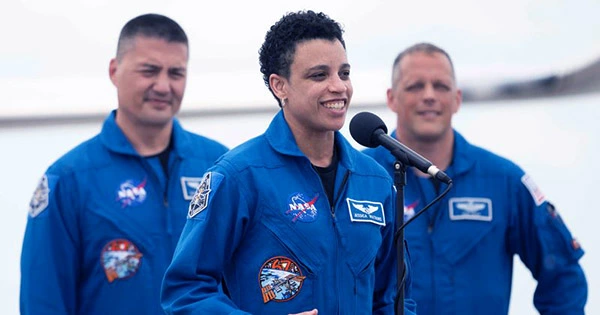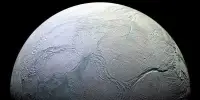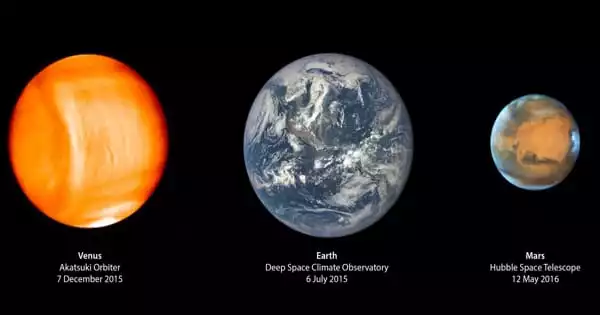NASA has a long history of breaking new ground, but some discoveries take longer than others. With the launch of NASA’s Crew-4 mission on Wednesday morning, the agency has finally achieved a long-awaited milestone: Jessica Watkins, one of the four astronauts who departed Earth for the International Space Station (ISS) early Wednesday morning, is the first Black woman to serve on board. In an interview with NPR on Tuesday, Watkins said, “I believe it truly is simply a respect to the heritage of the Black women astronauts who have come before me, as well as to the bright future ahead.”
“Having role models in jobs that I hope to be in, contributing in ways that I aspire to contribute” was crucial to her as she grew up. “I’m honored and appreciative for the chance to repay the favor to the degree that I’m able to accomplish it.” Despite the fact that the United States leads the globe in terms of number of planet-leavers — travelling to space these days is more of a vacation than a job, depending on what proportion of the world’s GDP you possess – very few of those spacefarers have been persons of color.
According to the American space advocacy organisation Space Frontier Foundation, nearly nine out of 10 persons who have traveled to space are white men, a number that is “representative of the possibilities or hurdles offered to diverse groups of people with a common aspiration of space.” “It’s disheartening that it’s taken this long to have African Americans on the International Space Station. But it’s encouraging to see that this issue is now being paid attention to,” Kim Macharia, the foundation’s chairwoman, told NBC.
“Women have made up less than 12% of all astronauts in history.” “And then you look at the amount of individuals of color, and it’s much smaller,” Macharia added. “As a result, there’s still a lot of work to be done in terms of addressing these demographics.” NASA announced in a news statement on Wednesday that Watkins will serve as a mission specialist on Crew-4. She will supervise the ship with the commander and pilot during the launch and re-entry stages of flight, as well as operate as a flight engineer while aboard the ISS.
Watkins’ voyage to space is her first, and just the fifth time a Black woman has been to the furthest reaches of the universe. Mae Jemison became the first Black woman to travel to space in 1992, about three decades after the first white man was launched there. Stephanie Wilson, who has spent more than 42 days in space than any other Black woman, trailed her. Last year, Sian Proctor achieved history on two fronts when she became the first Black woman to control a spacecraft during the first private crewed spaceflight mission.
Watkins, on the other hand, is no stranger to NASA. She is a geologist who has researched the surface of Mars and has previously worked on the Curiosity rover of the Mars Science Laboratory. Hundreds of scientific experiments will be carried out during her time on the ISS, including “new and exciting scientific research in areas such as materials science, health technologies, and plant science,” according to NASA’s Jason Costa, in preparation for future space exploration and life on Earth. Costa noted, “Experiments will include investigations on immune system aging, organic material concrete replacements, and cardiorespiratory impacts during and after long-duration microgravity exposure.” “These are only a few of the more than 200 science experiments and technological demos they’ll be doing throughout their journey.”
The crew is scheduled to dock at the ISS Harmony module’s space-facing port at 8:15 p.m. Wednesday, April 27 aboard a new SpaceX Dragon spaceship they’ve christened Freedom. Throughout the event, NASA Television, the NASA app, and the agency’s website will provide live coverage. NASA will also cover the new crewmembers’ welcoming ceremony, which will take place at 2:40 a.m. on April 28 onboard the orbiting outpost.
Watkins stated earlier this year of her historic voyage, “We have achieved this milestone, this point in time, and the reason we’re able to arrive at this time is because of the legacy of those who have come before us to allow for this moment.” “Recognizing this is also a step toward a really bright future,” she added. “It’s absolutely an honor to be a part of that.”
















